Curonian Spit
World Heritage
Lithuania
🎧 Listen to Introduction
This elongated dune peninsula, 98 km long and 0.4-4 km wide, has been inhabited since prehistoric times. During this time, it has been threatened by natural forces such as wind and waves. Its survival to this day is only possible due to the continuous efforts of humans to prevent the erosion of the sand spit, and to continuous stabilization and reforestation projects.
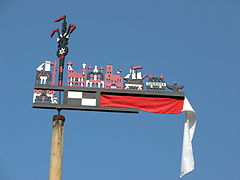
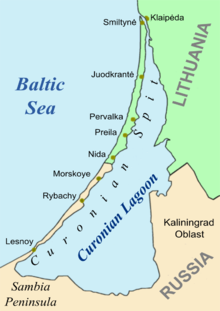
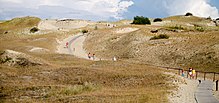
.jpg)
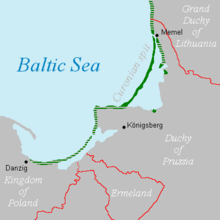
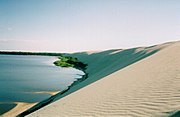
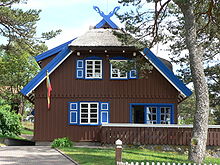
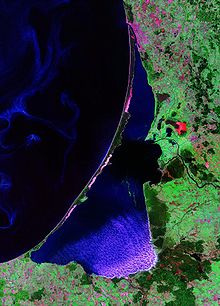
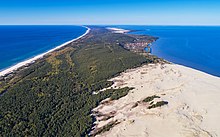
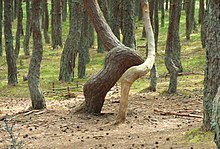
Poem of the heritage generated by AI
Intangible culture related to the heritage
China tourist attractions related to the heritage
World heritage related to the heritage
Show more related heritage
Information extracted from Wikidata
| uses | 4033800-9 |
| country | Russia |
| country | Lithuania |
| image | http://commons.wikimedia.org/wiki/Special:FilePath/Curonian%20Lagoon.jpg |
| image | http://commons.wikimedia.org/wiki/Special:FilePath/Curonian%20Spit%20NP%2005-2017%20img04%20aerial%20view%20at%20Muellers%20Height.jpg |
| located in the administrative territorial entity | Kaliningrad Oblast |
| located in the administrative territorial entity | Category:Itsukushima-jinja |
| executive body | Curonian Spit |
| IPA transcription | 2123378 |
| office held by head of the organization | http://g.co/kg/m/02ly4c |
| Commons category | Curonian Spit |
| coordinate location | Point(20.970833333 55.274444444) |
| page banner | http://commons.wikimedia.org/wiki/Special:FilePath/Curonian%20Spit%20banner.jpg |
| start time | 2000-01-01T00:00:00Z |
| area | 33021 |
| World Heritage criteria | World Heritage selection criterion (v) |